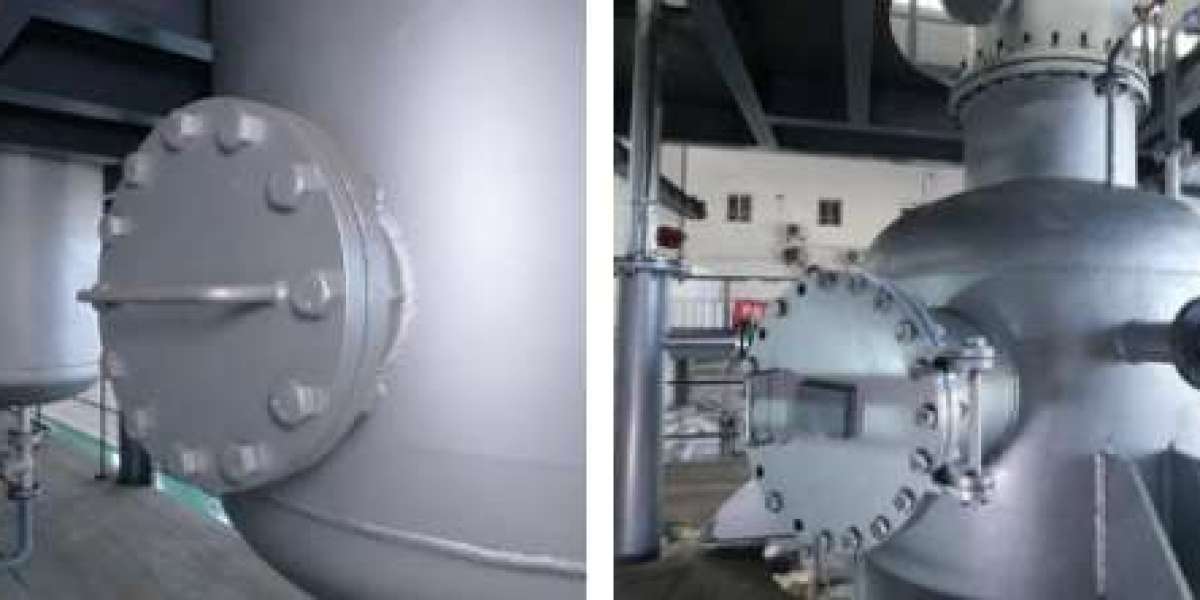But before taking the plunge, one crucial step remains: choosing the right lube oil refining plant. This isn't a decision to be taken lightly, as it will significantly impact your operational efficiency, profitability, and environmental footprint.
Understanding Your Needs
The first step in choosing your lube oil refining plant is a thorough self-assessment. Consider these key factors:
- Desired Output: What type and volume of lube oil do you plan to produce? Will you focus on base oils, finished lubricants, or both?
- Feedstock: What type of raw materials will you be using? Waste oil, crude oil, or a combination?
- Budget: How much capital are you willing to invest in the plant?
- Environmental Regulations: Are there any specific environmental regulations you need to comply with?
- Technical Expertise: Do you have the in-house expertise to operate and maintain the plant?
Exploring the Options
Once you have a clear understanding of your needs, it's time to explore the available options. Here are some common types of lube oil refining plants:
- Solvent Extraction Plants: These plants use solvents to remove impurities from the feedstock, producing high-quality base oils.
- Hydrocracking Plants: These plants use hydrogen and catalysts to break down heavier molecules into lighter ones, producing both base oils and finished lubricants.
- Vacuum Distillation Plants: These plants use heat and vacuum to separate the different fractions of the feedstock, producing base oils with varying viscosities.
- Blending Plants: These plants combine base oils with additives to create finished lubricants.
Each type of plant has its own advantages and disadvantages in terms of cost, efficiency, output, and environmental impact. Choose the one that best aligns with your specific needs and resources.







